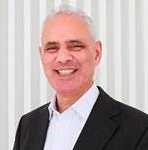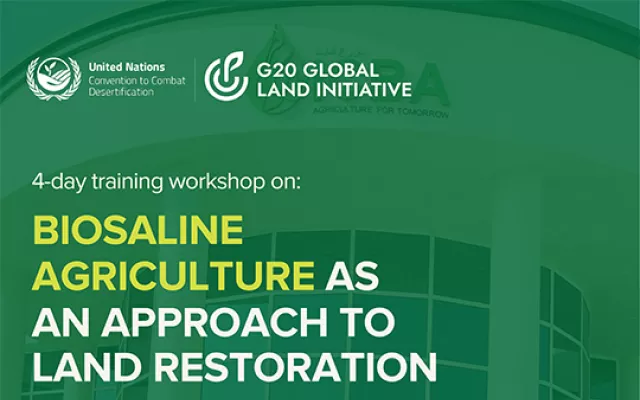The Association of International Research and Development Centers for Agriculture (AIRCA) announces that Professor Sayed Azam-Ali has been elected as its new Chair for the 2017 - 2018 term. AIRCA is a nine-member alliance focused on increasing global food security by supporting smallholder agriculture within healthy, sustainable and climate-smart landscapes.
 Prof. Azam-Ali is currently the Chief Executive Officer at Crops For the Future, the world's first centre dedicated to research on underutilised crops, and he also holds the role as Chair in Global Food Security at the University of Nottingham. He succeeds Dr. Segenet Kelemu, Director General of the Institute for Insect Physiology and Ecology (icipe).
Prof. Azam-Ali is currently the Chief Executive Officer at Crops For the Future, the world's first centre dedicated to research on underutilised crops, and he also holds the role as Chair in Global Food Security at the University of Nottingham. He succeeds Dr. Segenet Kelemu, Director General of the Institute for Insect Physiology and Ecology (icipe).
Prof. Azam-Ali looks forward to this new role and working together with AIRCA partners who share common values on how agriculture can have a positive impact on the lives of people. He emphasises the importance of commitment and strong partnerships among AIRCA members in implementing action plans to address today's problems, like feeding a growing population in a hotter world, saying "no institution working alone or in one place can meet this challenge but, together, we can make a meaningful contribution."
One of the initiatives he will push is the Global Action Plan for Agricultural Diversification (GAPAD), saying "my task is to galvanise fellow AIRCA members and other partners to develop GAPAD activities." In 2015, AIRCA members secured the signature of world-leading scientists and research institutions to the Declaration on Agricultural Diversification during the United Nations climate meeting in France. Prof. Azam-Ali says that this initiative in particular is important for the future, saying "the declaration recognises that, for our future, agriculture must provide greater food and nutritional security, minimise environmental harm, alleviate poverty and support the better use of land."
GAPAD is an initiative to support the United Nations Sustainable Development Agenda (SDA 2030). Agricultural diversification will help diversify our food systems beyond just the world's major crops grown as monocultures. It will also help communities withstand the impacts of climate change by providing subsistence and livelihood options in vulnerable environments. The GAPAD initiative already has the support of fellow AIRCA institutions and other international agencies.
Prof. Azam-Ali has a degree in Plant Biology from the University of Wales and a PhD in Environmental Physics from the University of Nottingham.
About AIRCA
The Association of International Research and Development Centers for Agriculture (AIRCA) is a nine-member alliance focused on increasing global food security by supporting smallholder agriculture within healthy, sustainable and climate-smart landscapes.
For more information, visit www.airca.org or contact Ms Marita Dieling at mdieling@airca.org






